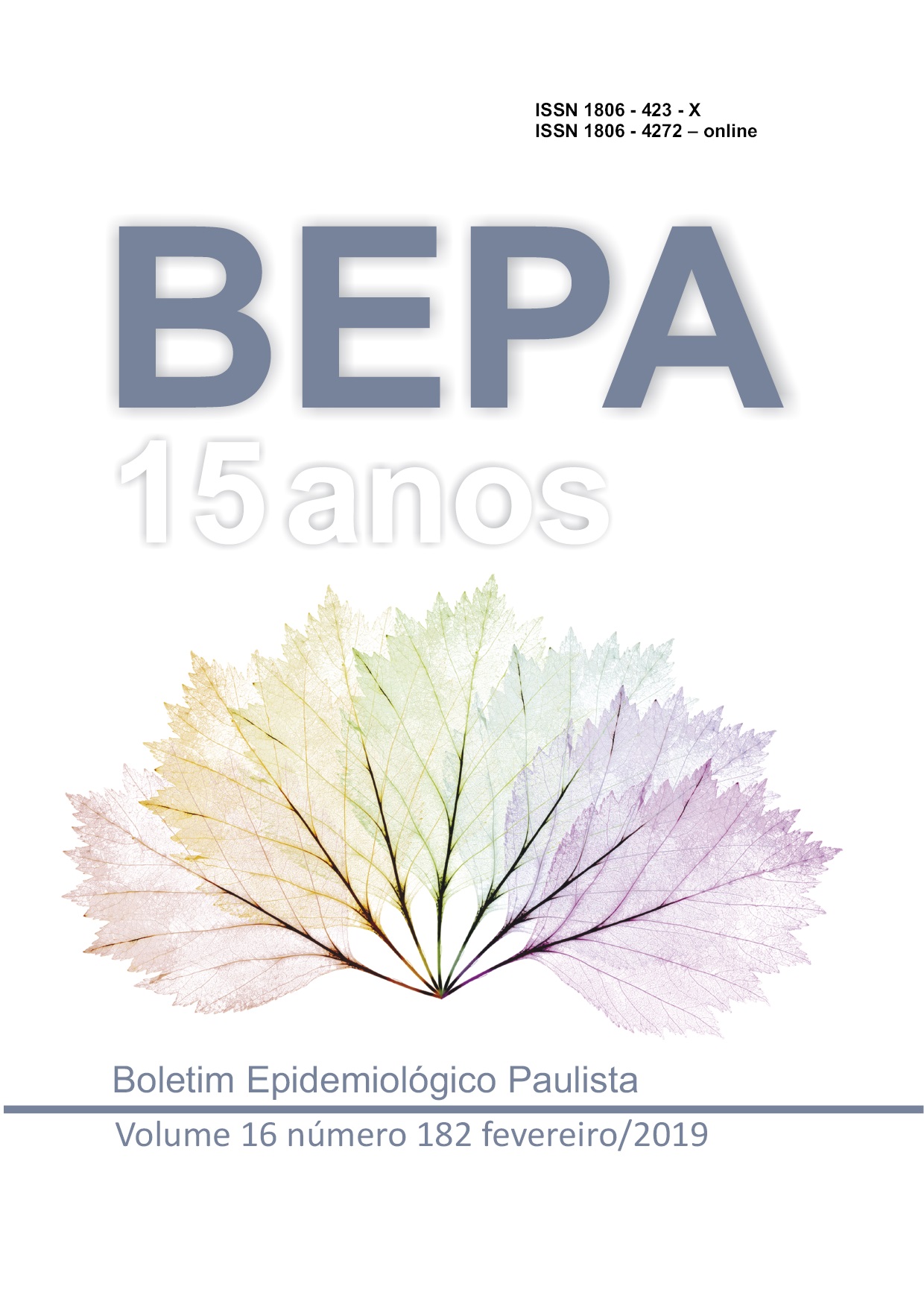Abstract
The objective of this work was to identify and analyze the bibliographic
information sources for research in the health area. Five information sources
were selected, three of which were free access: PubMed, LILACS and SciELO,
and two of controlled access: Scopus and Web of Science identified and
characterized by aspects such as number of journals indexed, content, frequency
of updates and others. Next, 48 participants were invited, 15 librarians and 33
users from two research institutions and two universities, all health professionals
who, after agreeing to participate in the study and signing the informed consent
term (TCLE) , received a link, by e-mail, to complete the online questionnaire
where they assessed the degree of satisfaction regarding the five information
sources listed above. The keywords for this research were AIDS, Acquired
Immunodeficiency Syndrome, SIDA or Síndrome da Imunodeficiência Adquirida,
and the research period was 30 years (1984 to 2014). The analysis showed that
the Web of Science, in comparison to the other information sources, has a greater
number of citations available, the periodicity of evaluation of the periodicals to
be included is continuous and they present citation analysis tools. This feature
is also present in Scopus and SciELO. PubMed / MEDLINE and LILACS were
the free access information sources that have access to controlled vocabularies
with descriptors in health science (Medical Subject Headings [MeSH] and
Descritores em Ciências da Saúde [DeCS], respectively). Controlled access
sources do not have direct access to controlled vocabularies, since their contents
are already indexed with descriptors. Regarding to degree of satisfaction, five
information sources were evaluated by eight librarians and seven users who
considered Scopus the best information source followed by Web of Science,
PubMed, LILACS and SciELO.

This work is licensed under a Creative Commons Attribution 4.0 International License.
Copyright (c) 2022 Marcelo Barbosa, Maria de Fátima Costa Pires (orientadora)
